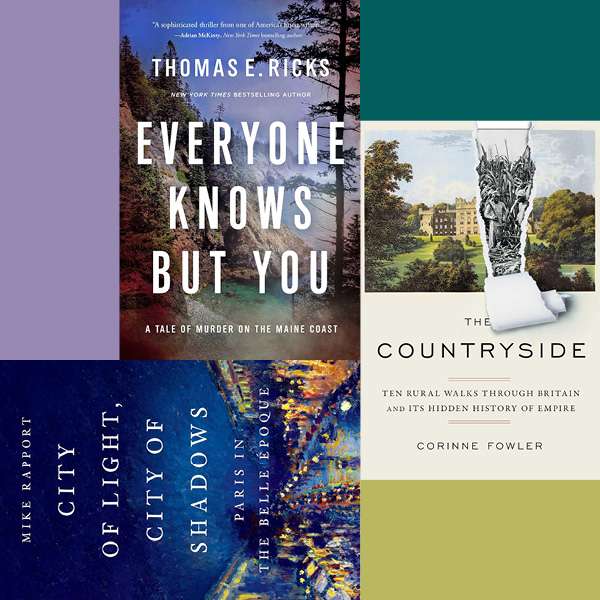The author is a first-rate military historian (his best-known book is Fiasco, a history of the early days of the Iraq War), and his first crime novel reflects the skills of a terrific storyteller with a keen eye for both character and plot. Just after losing his family in a horrifc car crash, F.B.I. agent Ryan Tapia is assigned to Bangor, Maine, where the discovery of a dead fisherman leads to an inquiry into the illegal trades of drugs and, yes, rare fish. Thomas E. Ricks lives part-time in Maine, and his knowledge of the terrain and people of that hauntingly beautiful state helps make for a heartfelt thriller.
London has its charms, but to fully appreciate Britain, a pair of hiking boots and a map are needed to explore the best of what the country offers. Corinne Fowler provides 10 rural itineraries, but with a twist: she illustrates how much these beautiful hills and fields owe to Britain’s colonial past. Cornwall, for example, has been shaped by its copper industry (by 1800, a third of its workers were employed in the business), and the metal was key in sheathing slave ships. As for that Mughal palace, which still stands in Gloucestershire, in the Cotswolds? Built with all the money made by a family that worked for the East India Company and saw the house as a badge of honor, even though even by then, in the early 1800s, the firm had a dodgy reputation. Countrysidein no way derides the beauty of these rural routes, but it offers a historical context that is so fascinating that you can read it in your slippers sitting at home.

